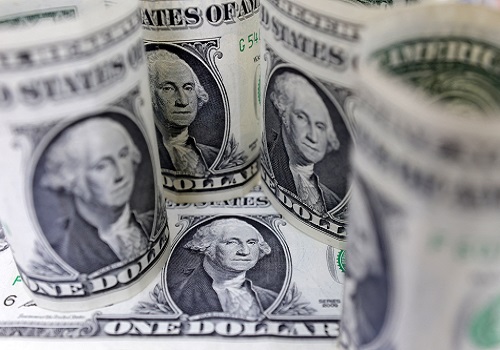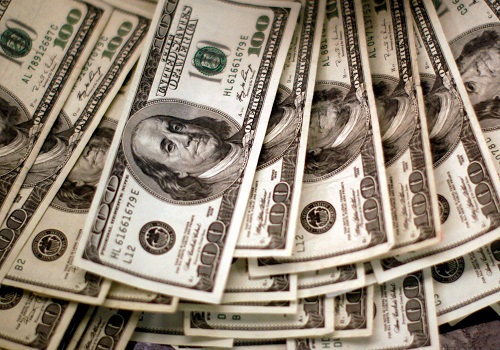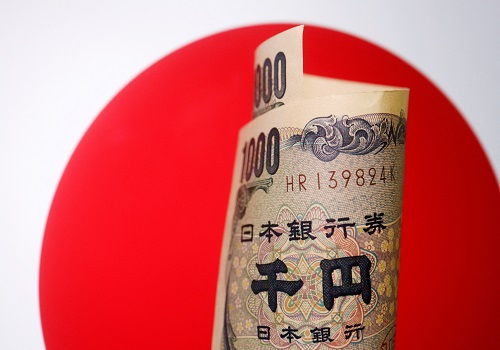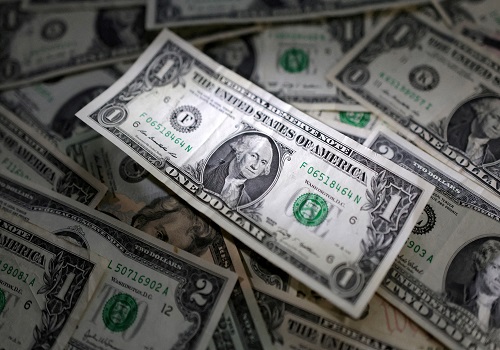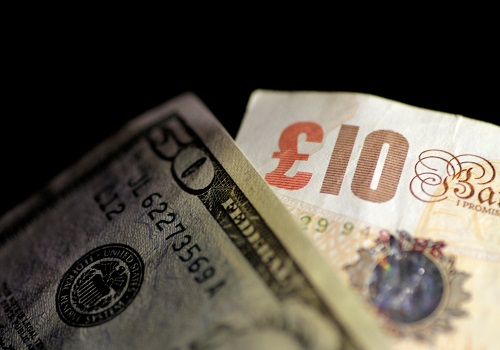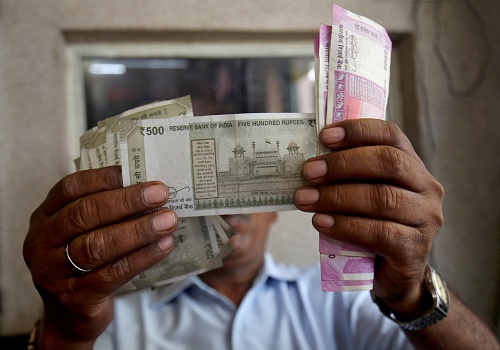Dollar heads for weekly gain as Fed pushes back on pivot
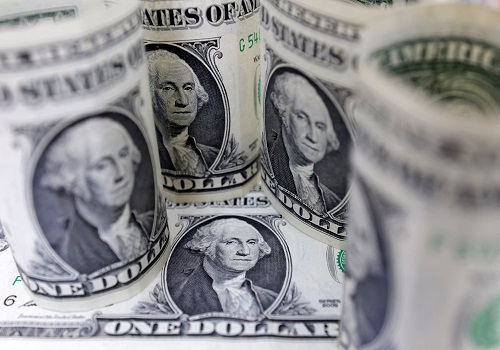
Follow us Now on Telegram ! Get daily 10 - 12 important updates on Business, Finance and Investment. Join our Telegram Channel
The dollar eased on Friday, but was still headed for its largest weekly gain in a month, after Federal Reserve officials reiterated their commitment to raising U.S. interest rates more than markets currently anticipate.
It fell against the pound, which edged higher after a volatile session on Thursday following Britain's budget for tax rises and spending cuts.
St Louis Fed President James Bullard was the latest Fed official to push back on market hopes for a pause in interest rate hikes, saying that even on dovish assumptions, the funds rate needs to rise to at least 5-5.25% to curb inflation, from 3.75-4% currently.
More pessimistic assumptions would recommend it climb above 7%, he said. Money markets show investors currently expected U.S. rates to peak around 5% in June next year.
The euro rose 0.1% against the dollar to $1.0356, while the pound gained 0.3% to trade at $1.1908. Both have hit multi-month highs against the dollar, since consumer inflation data showed a softening in U.S. price pressures.
"We think this consolidation phase in the dollar may extend for a little longer, before a re-appreciation of the greenback into the end of the year. Indeed, markets will remain highly sensitive to Fed speakers," ING strategist Francesco Pesole said.
"So far, post-CPI comments have indicated some lingering caution on the inflation battle as most Fed members tried to curb the market’s enthusiasm about an imminent dovish pivot. The future market has now fully priced back in a 5.00% peak rate in the first half of 2023," he said.
Against the yen, the dollar held steady around 140.27, leaving the dollar index flat at 106.75. It's up around 0.4% so far this week, paring some of last week's 4% drop after the small miss on U.S. inflation triggered one of the currency's sharpest weekly drops in decades.
Treasury yields too rose after Bullard, but not enough to scale the week's peaks, with 10-year yields trading narrowly around 3.82%.
Earlier this week, stronger-than-expected U.S. retail sales data had also knocked speculation about a pause in hikes, since it seemed to suggest consumers remained in spending mode.
In Japan, data showed consumer prices are surging at their fastest pace in 40 years, potentially putting pressure on authorities to step back from super-easy monetary policies, but the yen showed little immediate reaction.
Meanwhile, data on Friday showed British retail sales staged only a partial recovery in October, when inflation hit a 41-year high of 11.1%.
The Australian dollar rose 0.3% to $0.6708, hovering around its highest for two months, while the New Zealand dollar headed for its fifth weekly gain, rising 0.6% to $0.6168 ahead of next week's central bank meeting, at which rates could rise as much as 75 bps.












 320-x-100_uti_gold.jpg" alt="Advertisement">
320-x-100_uti_gold.jpg" alt="Advertisement">





